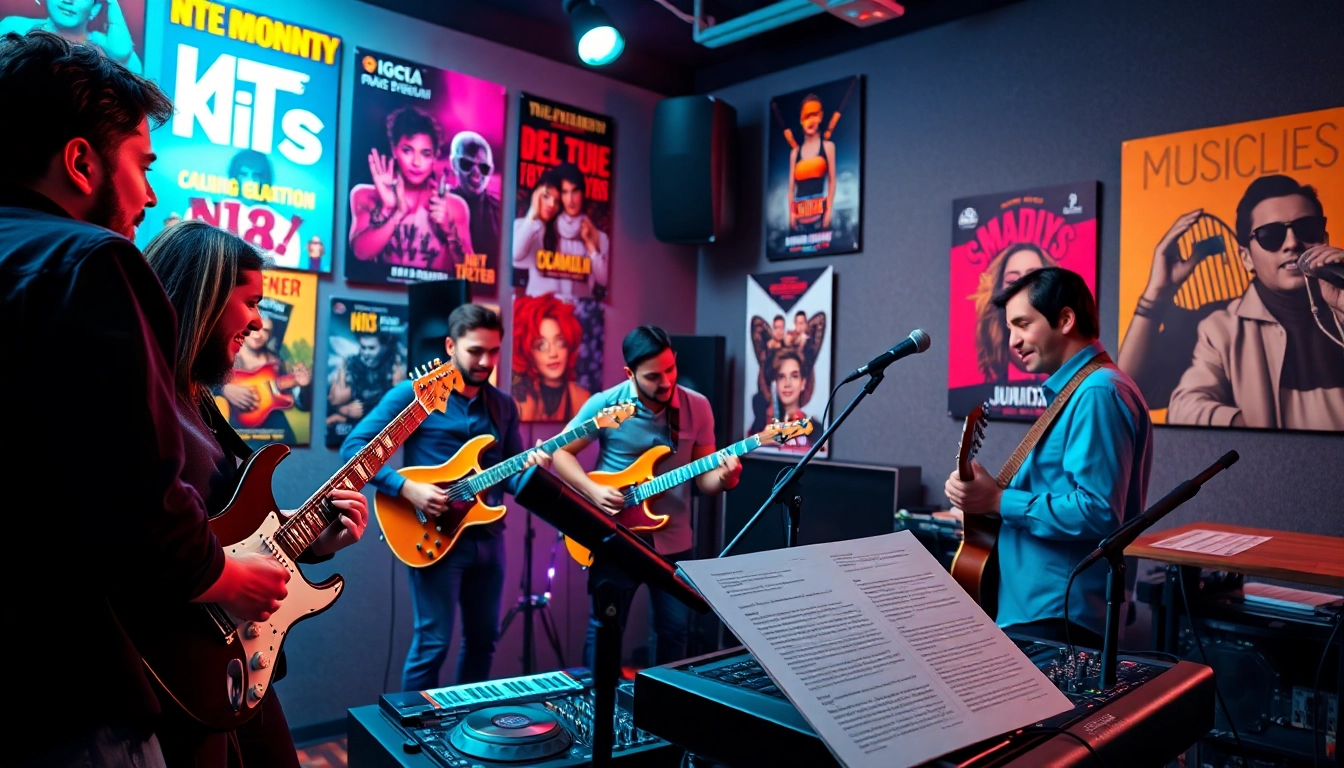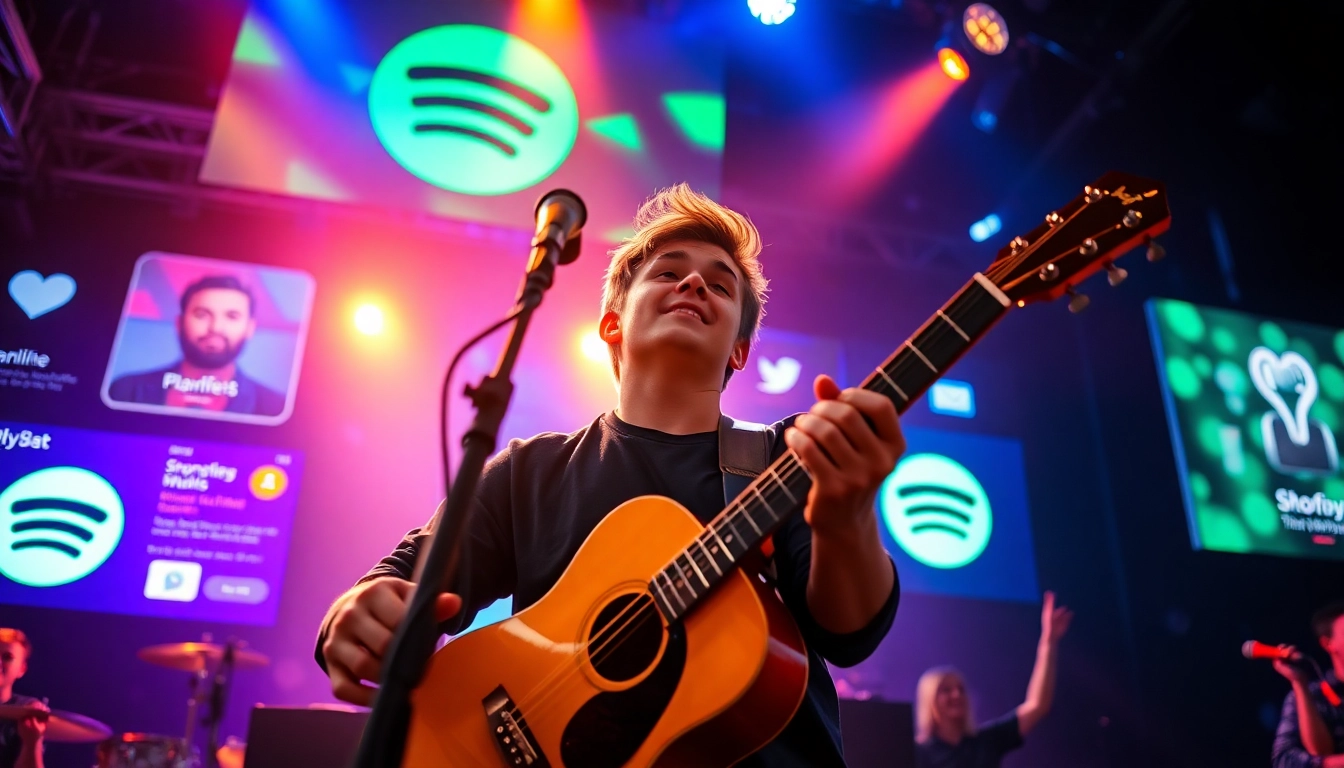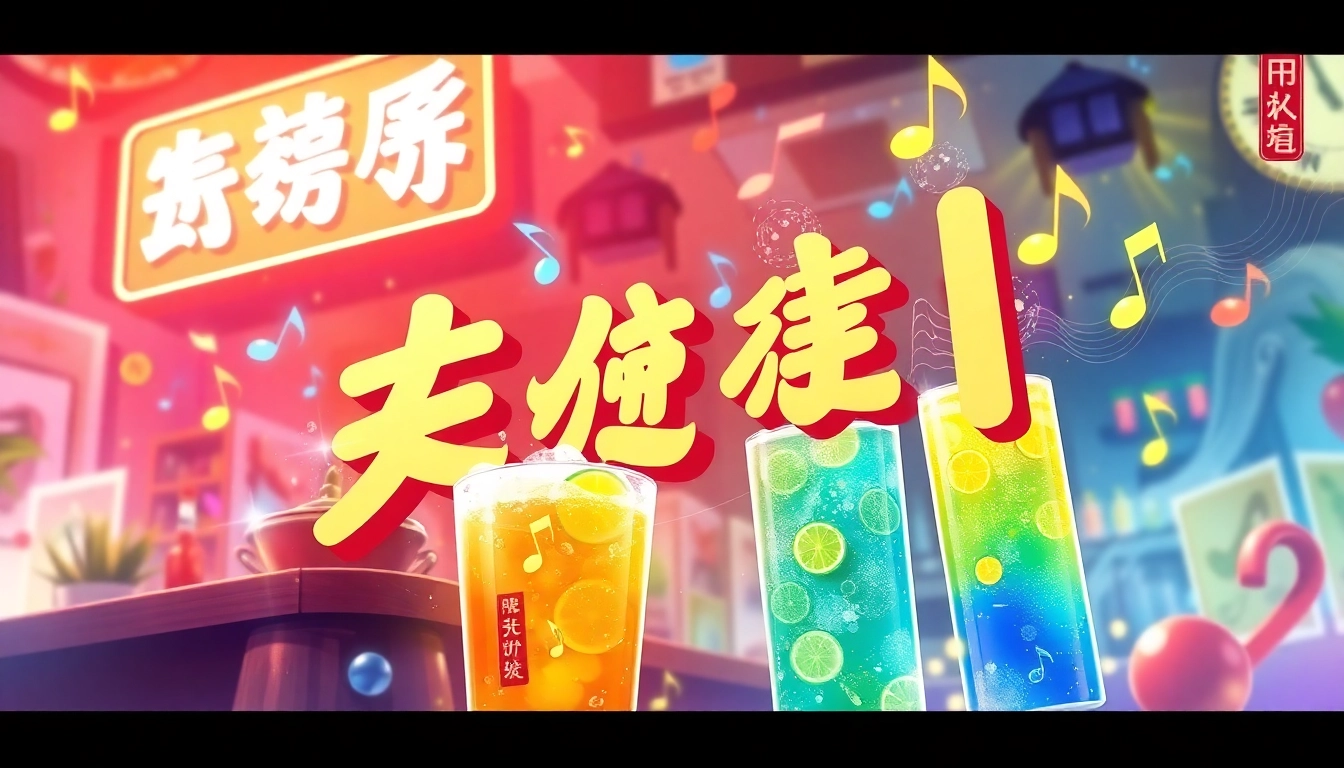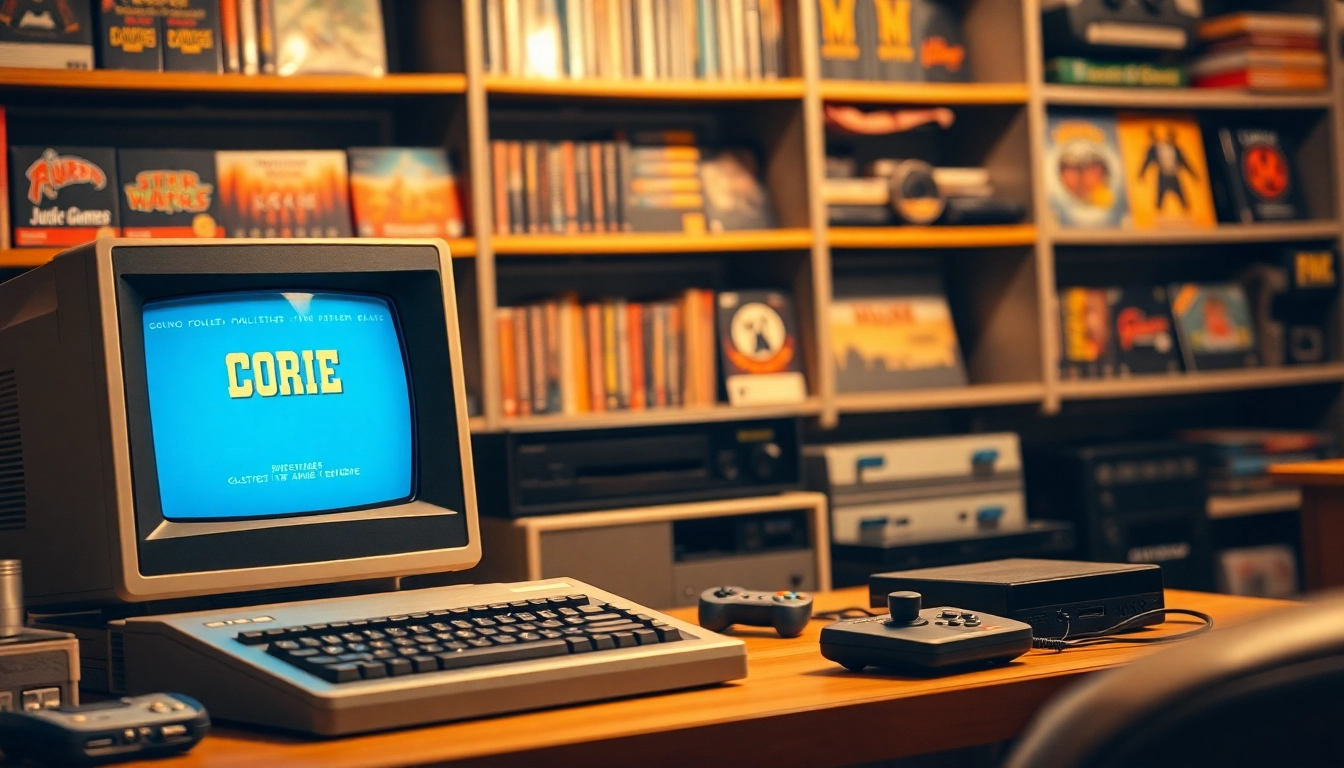
Introduction to Music Promotion Services
In the ever-evolving landscape of the music industry, getting your music heard is more critical than ever. With thousands of artists releasing music daily, standing out in the crowded marketplace requires strategic efforts beyond just creating great tunes. This is where music promotion services come into play. These services help musicians and bands amplify their reach, engage with their target audiences, and ultimately grow their careers. They offer a range of strategies and tools tailored specifically for music promotion, catering to the diverse needs of artists.
What Are Music Promotion Services?
Music promotion services encompass various marketing strategies designed to elevate an artist’s visibility and reach. These services can include social media marketing, playlist placements, public relations campaigns, content creation, and much more. The objective is to create heightened awareness and engagement around the artist or their music. Artists can either employ a music promotion agency to handle these services or utilize platforms that allow them to manage their own promotion.
The Importance of Music Promotion for Artists
For independent artists, effective promotion can make the difference between obscurity and recognition. Music promotion serves multiple critical functions:
- Building Fanbase: Promotion efforts help reach fans who resonate with the artist’s style and genre.
- Increasing Streams and Sales: More visibility leads to a higher chance of streams and purchases, driving revenue.
- Enhanced Opportunities: When artists are promoted well, they become more appealing to industry professionals, leading to gigs, collaborations, and record deals.
Key Features of Effective Music Promotion Services
Not all music promotion services are created equal. Key features that make a music promotion service effective include:
- Targeted Marketing: Services should be able to define and reach specific demographics that align with the artist’s audience.
- Multichannel Approach: An effective service utilizes various channels such as social media, blogs, email marketing, and more.
- Data Analytics: Gathering insights from promotional campaigns helps to refine strategies and measure success.
- Strong Relationships: Connections with influencers, playlist curators, and industry professionals can significantly amplify a campaign’s impact.
Types of Music Promotion Services Available
Digital Marketing and Social Media Strategies
Digital marketing has transformed the music landscape, allowing artists to engage with fans directly. Social media platforms like Instagram, TikTok, Facebook, and Twitter provide musicians a space to showcase their personalities and music. Utilizing these channels effectively can lead to significant growth in fan engagement and music consumption.
Elements of effective digital marketing may include:
- Content Creation: Share images, videos, and music snippets to engage followers.
- Advertising: Utilize targeted ads on platforms where potential fans are likely to discover new music.
- Engagement Strategies: Interactive polls, live streams, and behind-the-scenes content create deeper connections.
Playlist Placement: Getting Your Music Heard
In today’s music ecosystem, being featured on playlists can vastly increase an artist’s exposure. Playlists on platforms like Spotify and Apple Music serve as modern radio stations, guiding listeners to discover new songs. Dedicated playlist promotion services help artists submit their music to playlists relevant to their genre.
Successful playlist placement often hinges on:
- Quality of the Music: Playlists typically focus on songs that align with their listeners’ tastes.
- Pitching Strategy: A compelling pitch can persuade curators to consider an artist’s music for inclusion.
- Following Trends: Understanding current music trends helps to position the artist appropriately within playlists.
Public Relations for Musicians
Public relations (PR) is a fundamental aspect of music promotion. PR services help artists manage their public image and build relationships with media outlets, bloggers, and influencers. Effective PR can result in features in magazines, interviews, and significant online mentions, creating a buzz around an artist’s music.
Key PR strategies may involve:
- Press Releases: Crafting newsworthy releases to share updates about music releases, tours, or collaborations.
- Media Outreach: Connecting with journalists and bloggers who can share the artist’s story.
- Event Promotion: Organizing listening parties, virtual events, or album launch events to generate media attention.
Choosing the Right Music Promotion Service for Your Needs
Identifying Your Target Audience
Before selecting a music promotion service, it is crucial to identify your target audience. Understanding who your music resonates with allows you to choose services that align closely with your intended demographic. Consider age, musical taste, and geographical location while defining your audience.
Comparing Services: What to Look For
When evaluating different music promotion services, look for the following:
- Services Offered: Ensure the service provides a broad range of promotional avenues, from social media to playlist placements.
- Pricing Structure: Understand the costs involved. Some services operate on a commission basis, while others may have flat fees.
- Success Metrics: Inquire about how they measure success and what results can be expected from their campaigns.
Reading Reviews and Testimonials Effectively
Before committing to a service, seek out reviews from past clients. Platforms such as Reddit and music industry forums often feature discussions on various services that can provide insight. Look for patterns in feedback to understand strengths and weaknesses across services.
Implementing Your Music Promotion Strategy
Setting Clear Goals and Objectives
Establishing clear and measurable goals is vital to any promotional strategy. These could range from increasing social media followers or streams to securing a specific number of playlist placements. Ensure your objectives are SMART: Specific, Measurable, Achievable, Relevant, and Time-bound.
Crafting a Compelling Artist Brand
An artist’s brand is their identity—how they present themselves and their music to the world. Crafting a compelling brand includes:
- Consistent Imagery: Use visuals that match the music’s mood across platforms.
- Storytelling: Share personal narratives or themes in songs that fans can connect with.
- Authenticity: Stay true to yourself; audiences respond to genuine artistry.
Measuring Success: Tools and Metrics
Measuring the effectiveness of your music promotion efforts is key to refining your strategy. Utilize tools like:
- Spotify for Artists: Provides insights into who is listening to your music, where they’re located, and how they’re finding your songs.
- Google Analytics: Track traffic to your website or landing pages and understand user behavior.
- Social Media Insights: Platforms like Instagram and Facebook offer analytics on engagement, reach, and audience demographics.
Case Studies: Successful Music Promotion Campaigns
Independent Artists Who Made It Big
Learning from those who have succeeded can provide valuable lessons. Case studies of independent artists like Chance The Rapper and Hozier showcase how leveraging social media and strategic playlist placements reaped substantial rewards. For example, Chance used social media to build an engaged fan base before his music went viral, illustrating how homegrown strategies can yield success.
Learning from the Best: Major Label Strategies
Major labels often deploy robust marketing campaigns that smaller artists can learn from. An example includes Beyoncé, whose surprise album drops rely heavily on influencer engagement and teaser campaigns to build anticipation. These methods suggest that securing key partnerships can vastly enhance visibility and buzz around a release.
Common Pitfalls to Avoid in Music Promotion
Despite the many strategies available, artists often encounter common pitfalls, such as:
- Overlooking Metrics: Failing to analyze performance can lead to continued ineffective strategies.
- Lack of Consistency: Sporadic promotions can confuse fans and dilute the impact of marketing efforts.
- Not Engaging with Fans: Promotion should be a two-way street; artists who engage are more successful in building a loyal fanbase.







